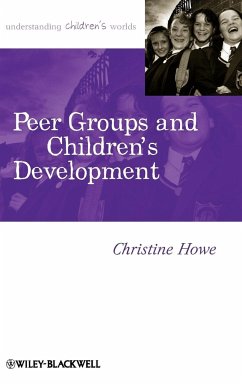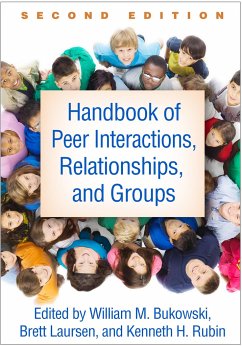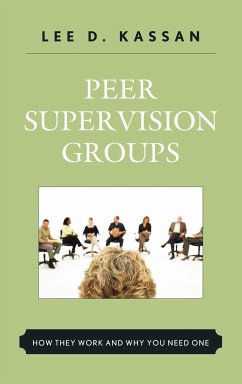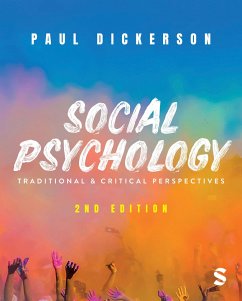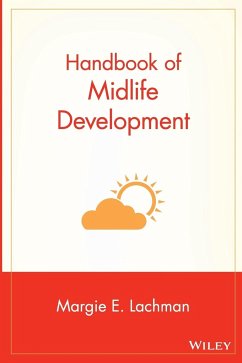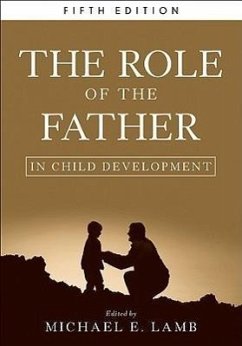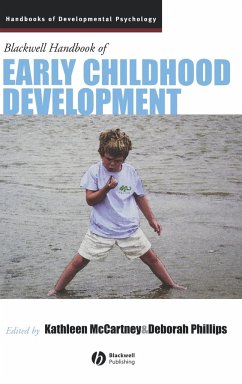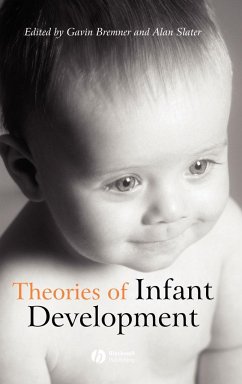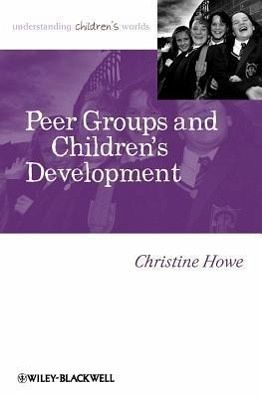
Peer Groups and Children's Development
Versandkostenfrei!
Versandfertig in über 4 Wochen
45,99 €
inkl. MwSt.

PAYBACK Punkte
23 °P sammeln!
Peer Groups and Children's Development considers the experiences of school-aged children with their peer groups. The book looks at the formal peer groups that children are placed in for teaching and learning, covering such topics as the class size debate, mixed-ability vs. ability-based teaching, gender and classroom dialogue, and dialogic teaching and cooperative learning. Howe also provides an in-depth examination of the nature, causes, and consequences of a child's informal peer relationships, including those associated with cliques, friendships, and adolescent gangs. Evidence presented thr...
Peer Groups and Children's Development considers the experiences of school-aged children with their peer groups. The book looks at the formal peer groups that children are placed in for teaching and learning, covering such topics as the class size debate, mixed-ability vs. ability-based teaching, gender and classroom dialogue, and dialogic teaching and cooperative learning. Howe also provides an in-depth examination of the nature, causes, and consequences of a child's informal peer relationships, including those associated with cliques, friendships, and adolescent gangs. Evidence presented throughout reveals how formal and informal aspects of peer groups interrelate to a great extent in determining patterns of development. This has significant implications for research and theory, as well as for the practical concerns of parents, teachers, counselors, school psychologists, and policy makers. Informed by the latest research and scholarship, Peer Groups and Children's Development offers revelatory insights into the effects of peer relationships on a child's intellectual, personal and social development.



